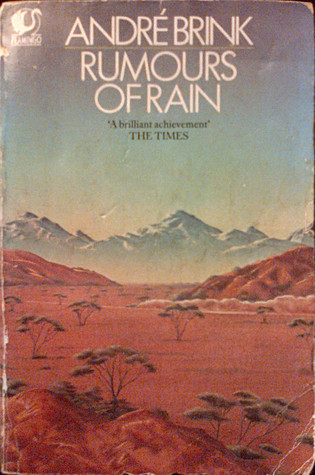What do you think?
Rate this book


446 pages, Paperback
First published January 1, 1978
There comes a day when, for the first time, violence is used not because it is unavoidable but because it is easier. There comes a day when, for the first time, a leader is allowed to promote his own interests simply because he happens to be the leader. There comes a day when, for the first time, the weak one is exploited, not in ignorance but because he cannot offer resistance. There comes a day when, for the first time, a verdict in a court case is given, not on the basis of what is right but on the basis of what is expedient.
“You're an Afrikaner, so you must be a male chauvinist.”
“I fail to see what the two can have in common.”
“Everything.” She sat down opposite me again, on the edge of the chair, her knees primly together. “Because this is a man's land, don't you see? Big-game, rugby, industries, power politics, racism. You Afrikaners have no room for women. The only place you assign to us is flat on our backs with our legs open for the Big Boss to in-and-out as he pleases.”